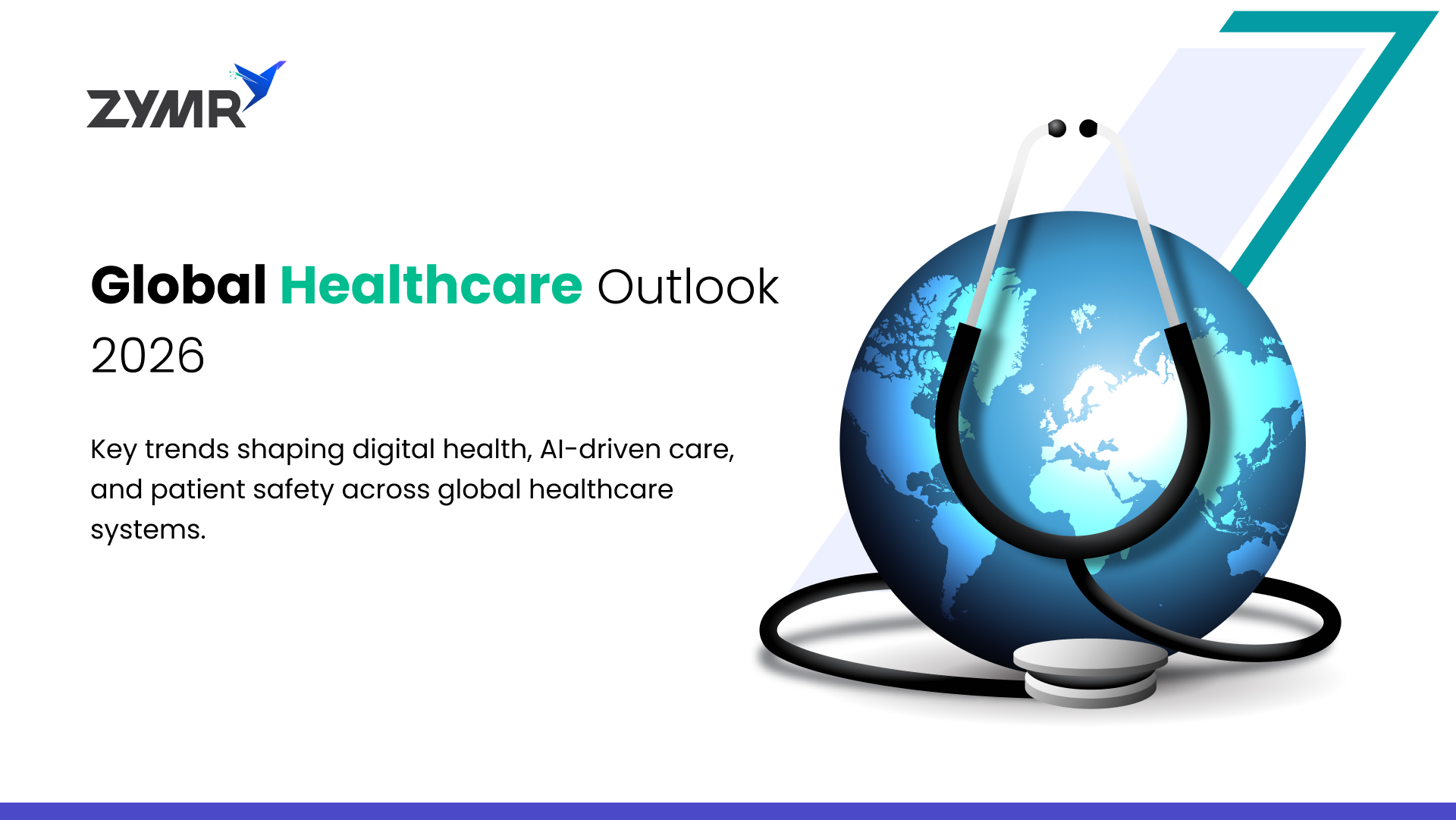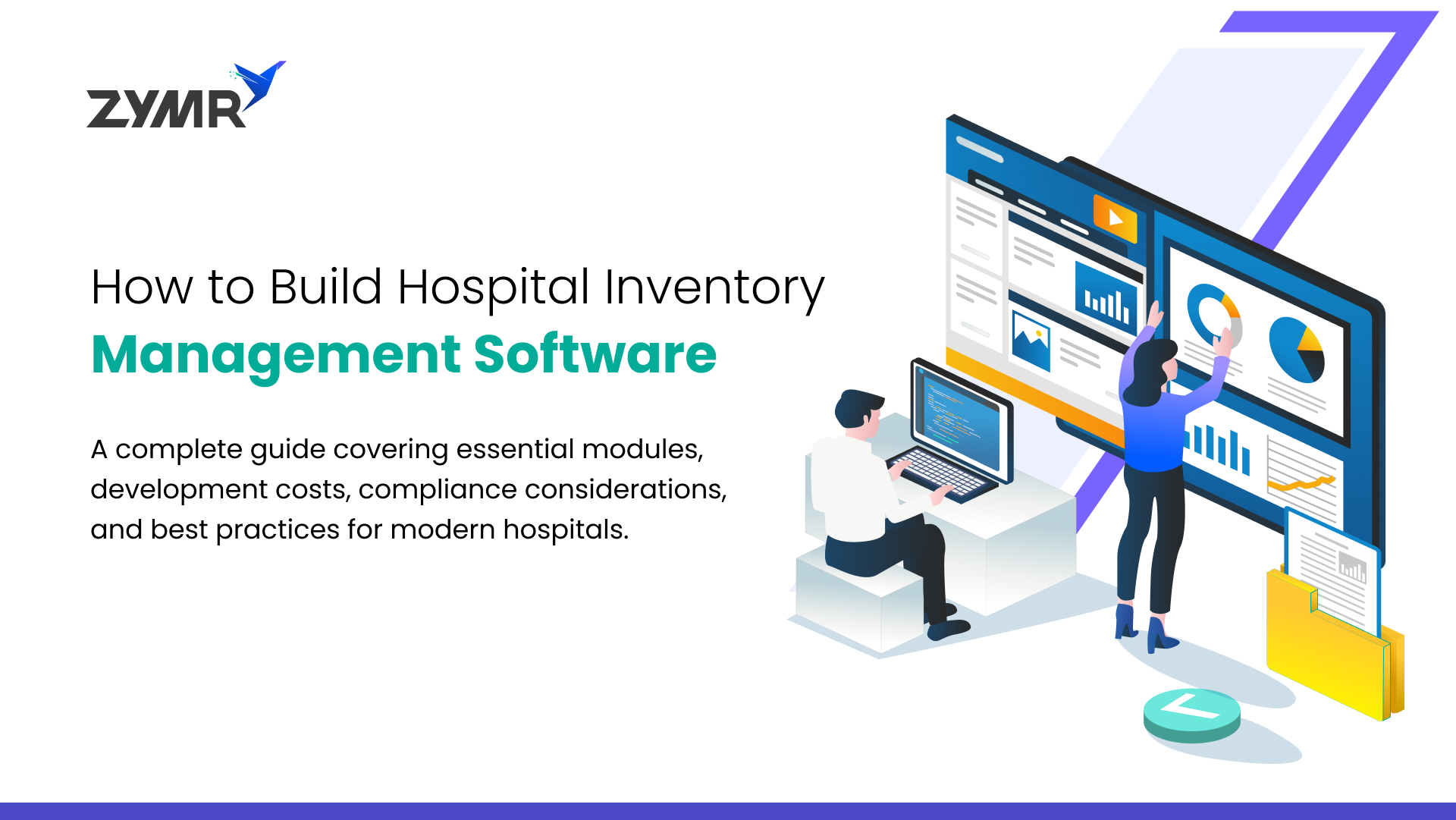Businesses across diverse industries navigate distinct requirements, regulations, and challenges in software development and quality assurance. What proves effective for healthcare software might translate differently than banking software due to differing regulatory landscapes and privacy considerations. Hence, QA consulting services play a pivotal role in leveraging industry-specific expertise to tailor solutions that meet the unique quality needs of each sector. Drawing from their broad knowledge base, QA consulting experts aid businesses in identifying common patterns, best practices, and potential pitfalls, empowering them to offer more insightful and practical solutions.
This blog delves into industries' need to adopt bespoke QA strategies and why engaging in QA consulting services proves indispensable. Additionally, we explore critical best practices businesses should consider when selecting QA consulting services to optimize their quality assurance processes effectively.
Navigating QA Across Industries
Quality Assurance (QA) consulting is pivotal in ensuring that organizations across various industries meet the highest quality, security, and reliability standards. As businesses strive to innovate and adapt to changing market dynamics, investing in comprehensive QA consulting practices becomes imperative for mitigating risks, enhancing customer satisfaction, and driving success in an increasingly competitive marketplace.
Banking, Financial Services, and Insurance (BFSI)
The BFSI industry operates within a highly regulated environment where security and compliance are paramount. QA consulting addresses these challenges by providing tailored solutions to ensure software applications adhere to stringent security protocols and comply with regulatory requirements such as GDPR and PCI DSS. With the increasing adoption of digital banking and fintech solutions, QA consulting becomes indispensable in safeguarding sensitive financial data and maintaining customer trust.
Retail and eCommerce
In the Retail and e-commerce sector, where online shopping has become ubiquitous, minor software glitches can significantly affect sales and customer experience. QA consulting is essential for ensuring the smooth functioning of eCommerce platforms, from seamless checkout processes to the proper display of product pages across various devices and browsers. By conducting rigorous testing and providing strategic insights, QA consultants help retailers minimize the risk of lost sales due to technical issues and enhance the overall shopping experience for customers.
Telecom
Telecom companies operate in a complex ecosystem, managing vast networks and providing customers with a wide range of services. QA consulting is pivotal in validating critical tasks such as network configuration, inventory management, and fault detection. With the rapid deployment of 5G technology and the Internet of Things (IoT), QA consultants ensure the security and reliability of telecom applications while optimizing time-to-market for new services and features, thereby helping telecom companies stay ahead of the curve in a competitive market landscape.
Healthcare
In the Healthcare sector, where the stakes are exceptionally high, QA consulting is essential for ensuring the reliability and security of software applications that handle sensitive patient data. QA consultants validate the functionality of healthcare applications, ensure compliance with accessibility standards such as WCAG, and protect patient privacy. With the increasing digitization of healthcare services, QA consulting becomes instrumental in maintaining the integrity and trustworthiness of healthcare systems, ultimately contributing to better patient outcomes and healthcare delivery.
Embracing Software Testing Excellence
By prioritizing continuous monitoring, risk management, compliance, and automation, organizations can ensure that their software products meet the highest standards of quality and deliver exceptional value to customers. With technology advancing rapidly and customer expectations continuously evolving, organizations must embrace robust Quality Assurance (QA) consulting to provide reliable and high-quality software solutions. Let's explore some of the best QA practices that are essential for software testing success:
Prioritizing Continuous Monitoring
Continuous monitoring of the Software Development Life Cycle (SDLC) process is a cornerstone of effective QA consulting. Organizations can maintain quality standards throughout the software development and testing phases by implementing constant monitoring mechanisms. This proactive approach enables early issue detection and ensures that all procedures and standards are diligently followed.
Integrating Risk Management
Risk management is a fundamental aspect of QA consulting, involving identifying, assessing, prioritizing, monitoring, and controlling risks throughout the software development process. By integrating risk management practices into QA processes, organizations can proactively mitigate potential risks and uncertainties, minimizing the likelihood of project delays or failures.
Ensuring Compliance with Industry Standards
Adherence to industry standards and regulatory requirements is paramount for ensuring software quality and compliance. QA consultants rigorously verify that software products meet all necessary compliance standards, such as GDPR, HIPAA, or ISO certifications, depending on the industry and geographical location. This ensures that software solutions meet customer expectations and comply with relevant regulations.
Prioritizing Bugs Based on Risk and Usage
Optimizing QA efforts involves prioritizing bug fixing based on risk and impact on the user experience. QA consultants help organizations allocate resources efficiently by categorizing bugs according to severity and usage metrics. This targeted approach allows organizations to focus on resolving critical issues that impact end-users, enhancing overall software quality.
Integrating Testing Throughout the SDLC
Effective QA consulting emphasizes the seamless integration of testing throughout the Software Development Life Cycle (SDLC). From requirements gathering to deployment, QA consultants actively participate in each phase of the SDLC, conducting various testing activities such as unit testing, integration testing, and acceptance testing. This comprehensive approach ensures early defect detection and facilitates timely issue resolution.
Automating Regression Suite
Automation of the regression test suite is a key strategy QA consultants advocate. Organizations streamline the testing process by automating regression testing, allowing for quick and efficient testing whenever changes are introduced. Automation helps save time and resources while ensuring consistent and thorough test coverage, ultimately enhancing software quality and reliability.
Ensuring Accurate Reports and Documentation
Comprehensive and accurate reporting is essential for tracking progress, identifying trends, and making informed decisions. QA consultants meticulously document testing results, providing valuable insights into software quality and readiness for release. These reports serve as valuable training material for team members and enable stakeholders to make informed decisions about software quality.
Conclusion
Well-thought QA strategies can help any industry ensure quality offerings and user experience. The pivotal role of QA consulting services in this endeavor outlines essential benefits and best practices that businesses should prioritize when selecting QA consulting. With enhanced quality assurance processes and sustainable success, businesses can also look forward to thriving in the ever-evolving market landscape.
FAQs
>
>
>
>
>
Have a specific concern bothering you?
Try our complimentary 2-week POV engagement
Our Latest Blogs

January 15, 2026
Global Healthcare Outlook 2026: Key Trends in Digital Health, AI, and Patient Safety

January 15, 2026
Top 10 Healthcare IT Services Companies Transforming Healthcare Delivery(2026)

January 15, 2026






.svg)
.svg)
.svg)
.svg)
.svg)
.svg)
